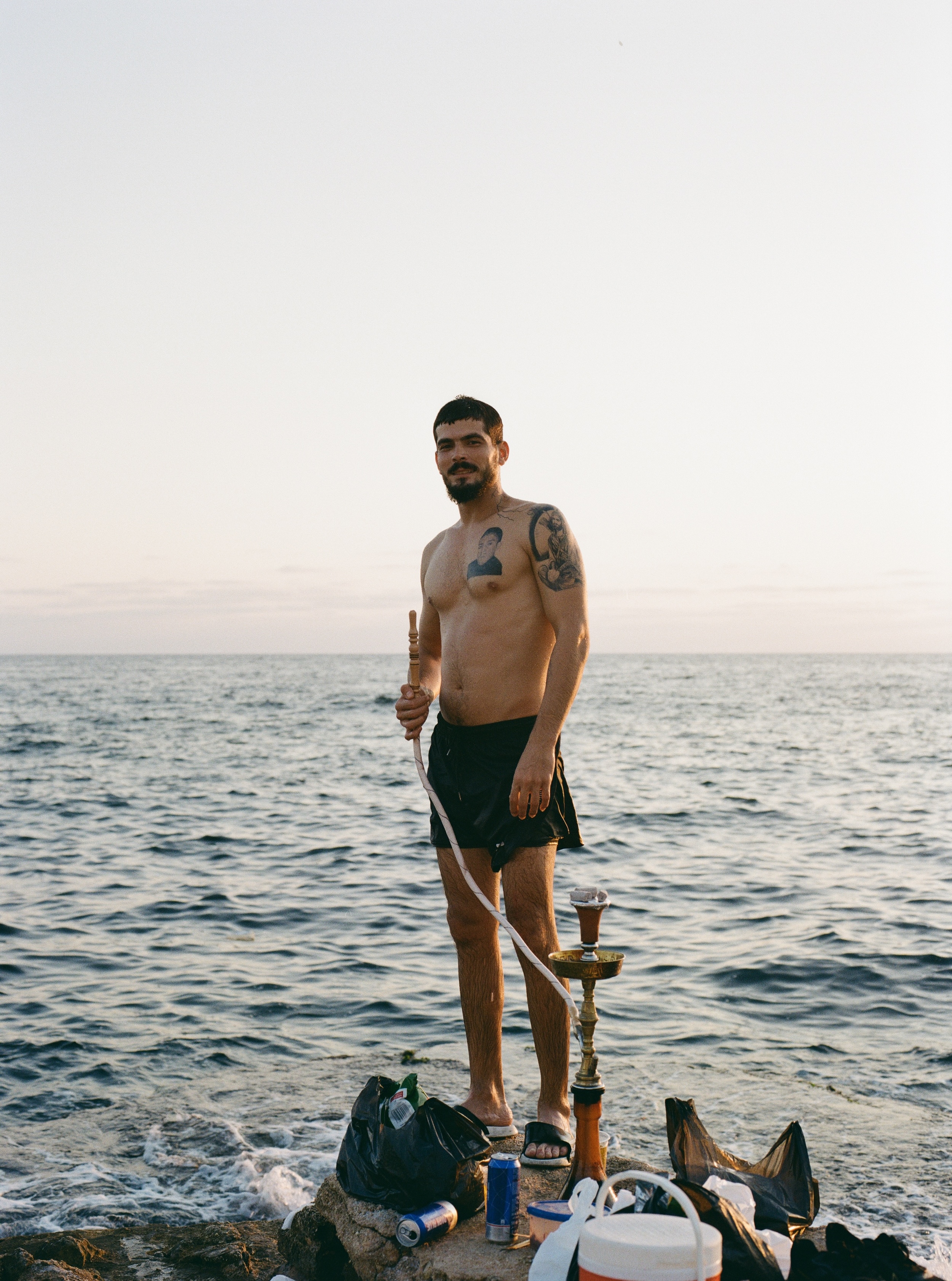A Sea Apart © Tanya Traboulsi
The photographer’s new book A Sea Apart explores migratory distance and the memories that come with yearning for a homeland
“Beirut holds vivid childhood memories for me: the scent of orange blossoms, jasmine, and gardenia; checkpoints on the way to school; the saltiness of the corniche air; the blue sky; even the smell of burning garbage. In 1983, amidst the civil war, we left Lebanon, creating a deep void and sense of rupture that remained until my return 13 years later.”
And so narrates Tanya Traboulsi’s latest photo book, A Sea Apart, a love letter to Beirut’s coastal corniche and its warm golden atmosphere, and it is marked by migratory departure urged on by civil conflict. Traboulsi was just a kid when she left, driving to safety in Austria with her parents; the title takes its cue from her separation from her homeland. “During my youth in Austria, a country without a coastline,” she tells me, “the Mediterranean came to symbolise the space between me and Beirut, the city where I felt most at home. The phrase ‘a sea apart’ is not just about geography – it encapsulates the emotional distance that existed between the life I had and the life I longed for.”
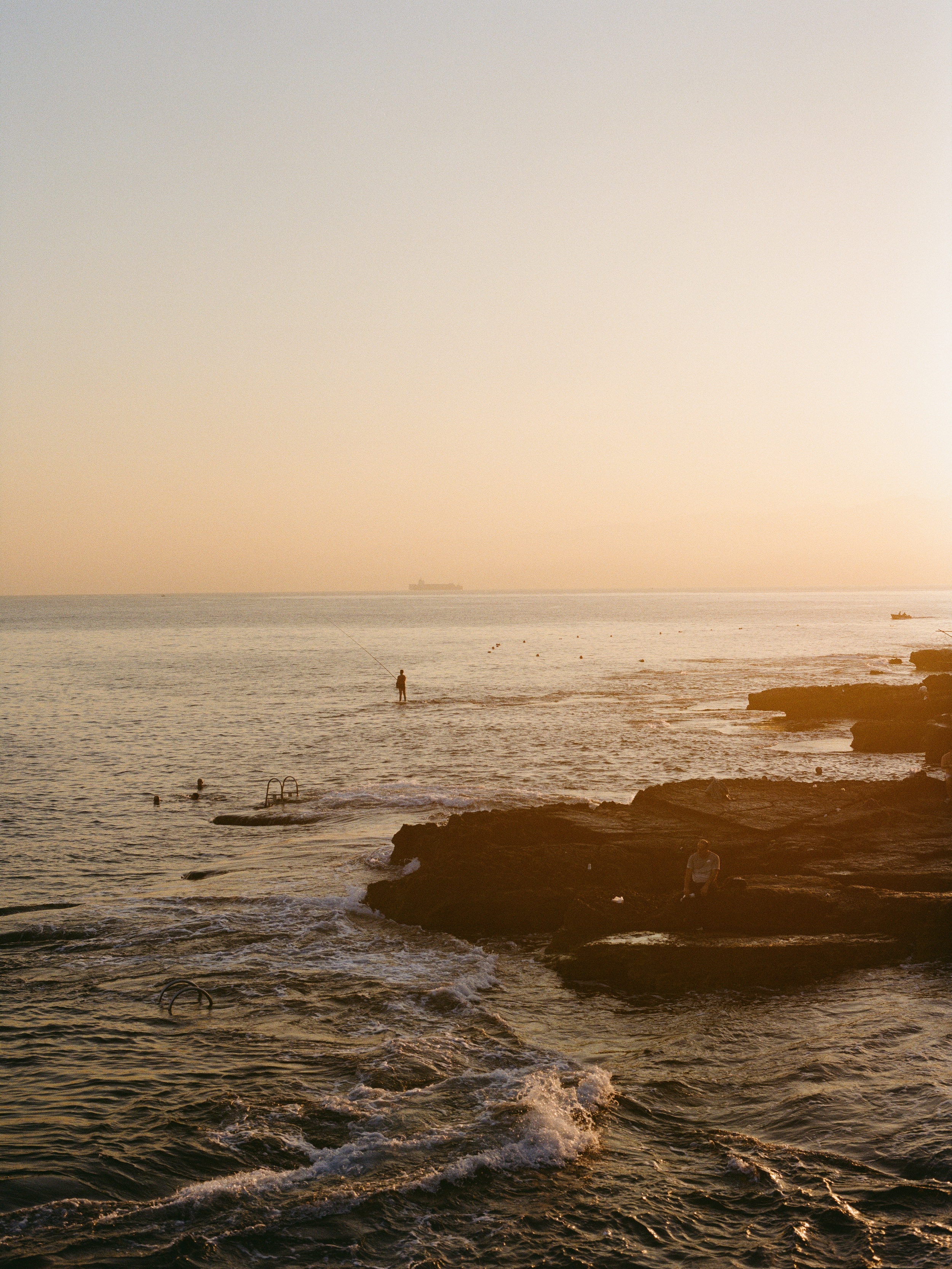
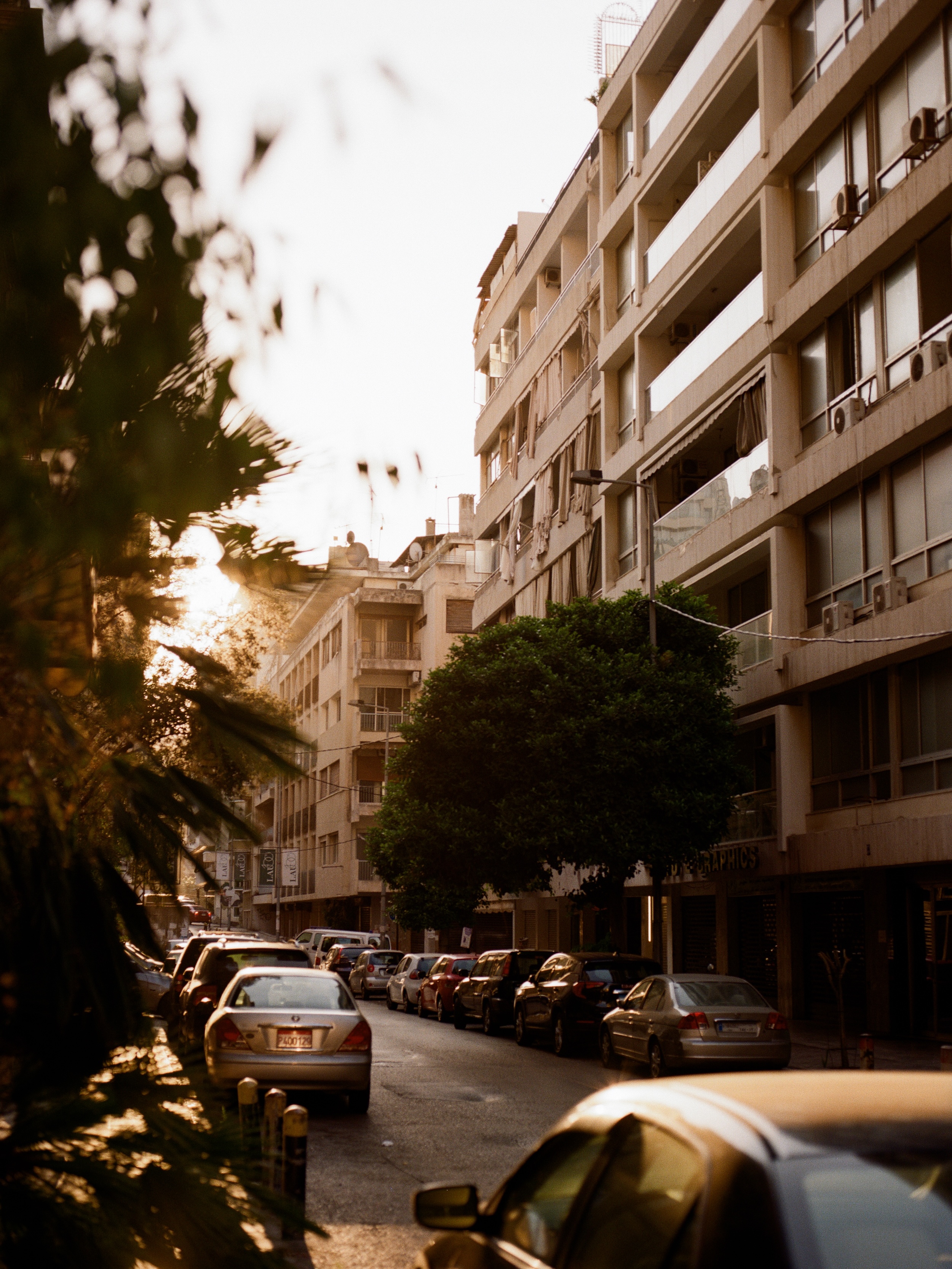
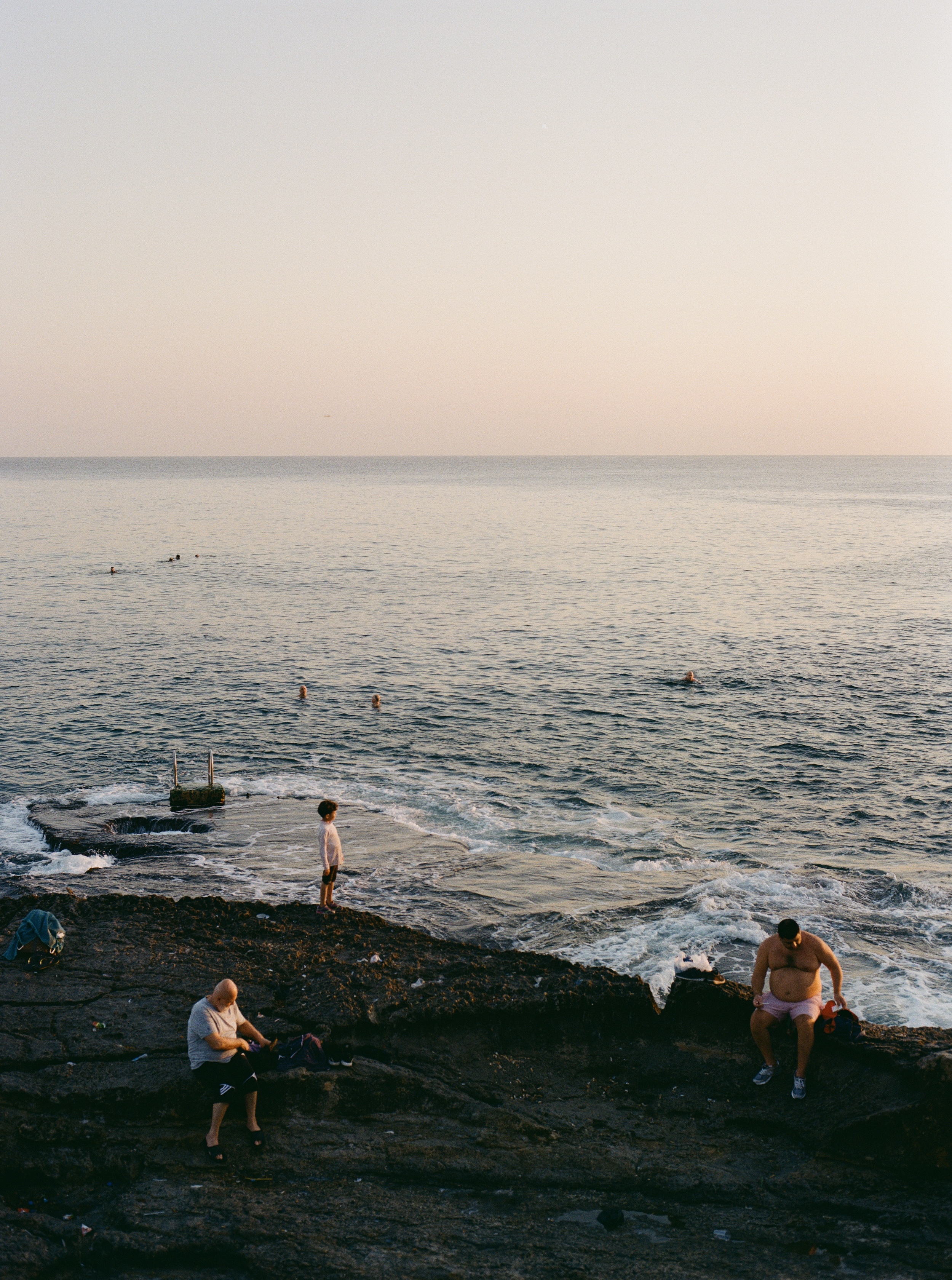
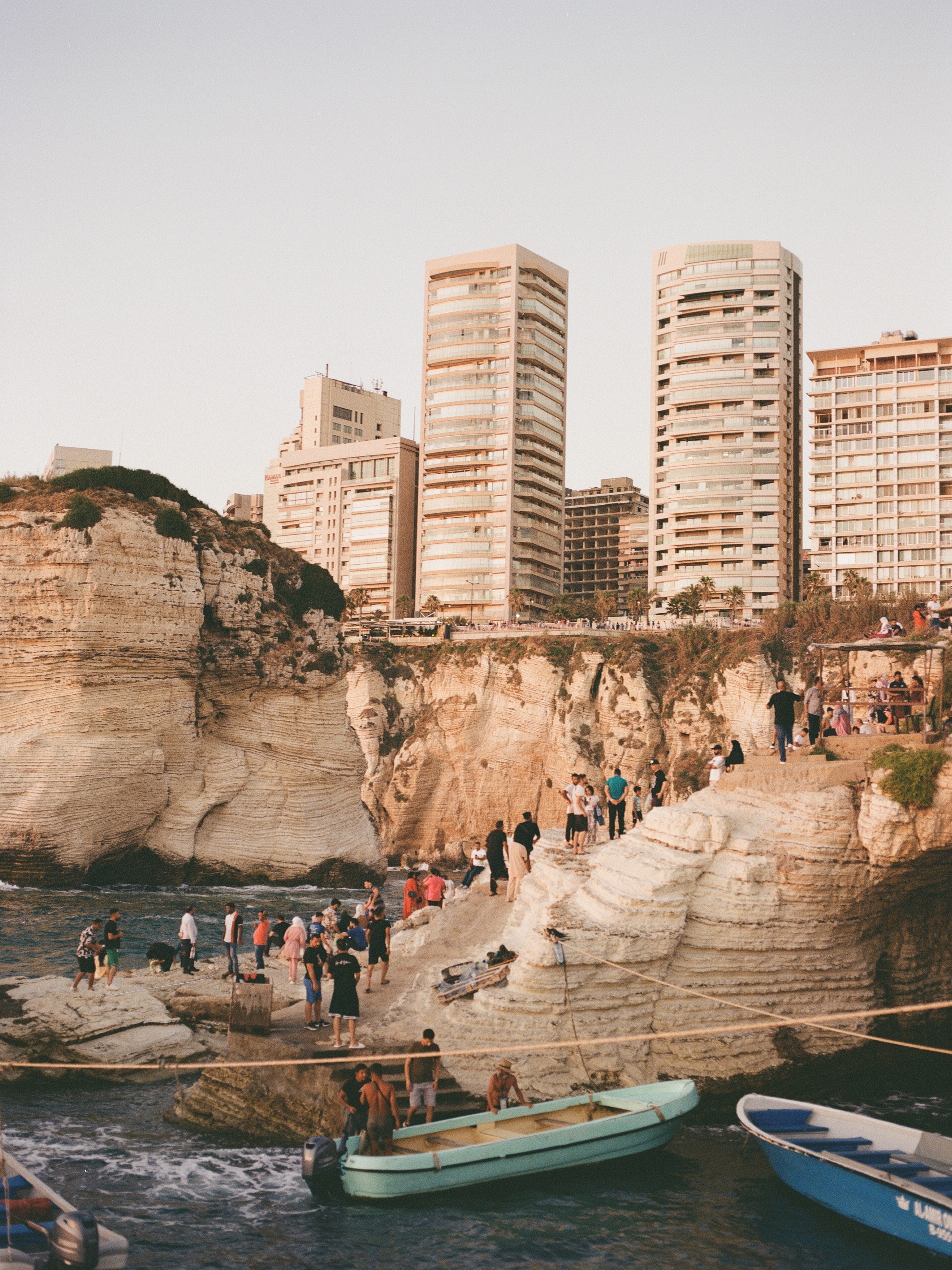
“Despite everything, Beirut still manages to reveal moments of magic. It’s these moments I seek when I walk through the city with my camera”
A Sea Apart developed as an organic extension of Traboulsi’s series Beirut, Recurring Dream, which began in 2021, where the pandemic gave her ample time to reflect on her memories of the city. Traboulsi’s approach to photography is instinctive, rather than planned out with orthodoxy. “Over time, however, a cohesive visual language began to emerge, capturing the interplay of remembrance, perseverance, and intimacy that defines my experience of the city,” she tells me.
“Despite everything, Beirut still manages to reveal moments of magic. It’s these moments I seek when I walk through the city with my camera, trying to chronicle the quiet (and in my opinion very feminine) beauty that persists amid the chaos,” Traboulsi continues.
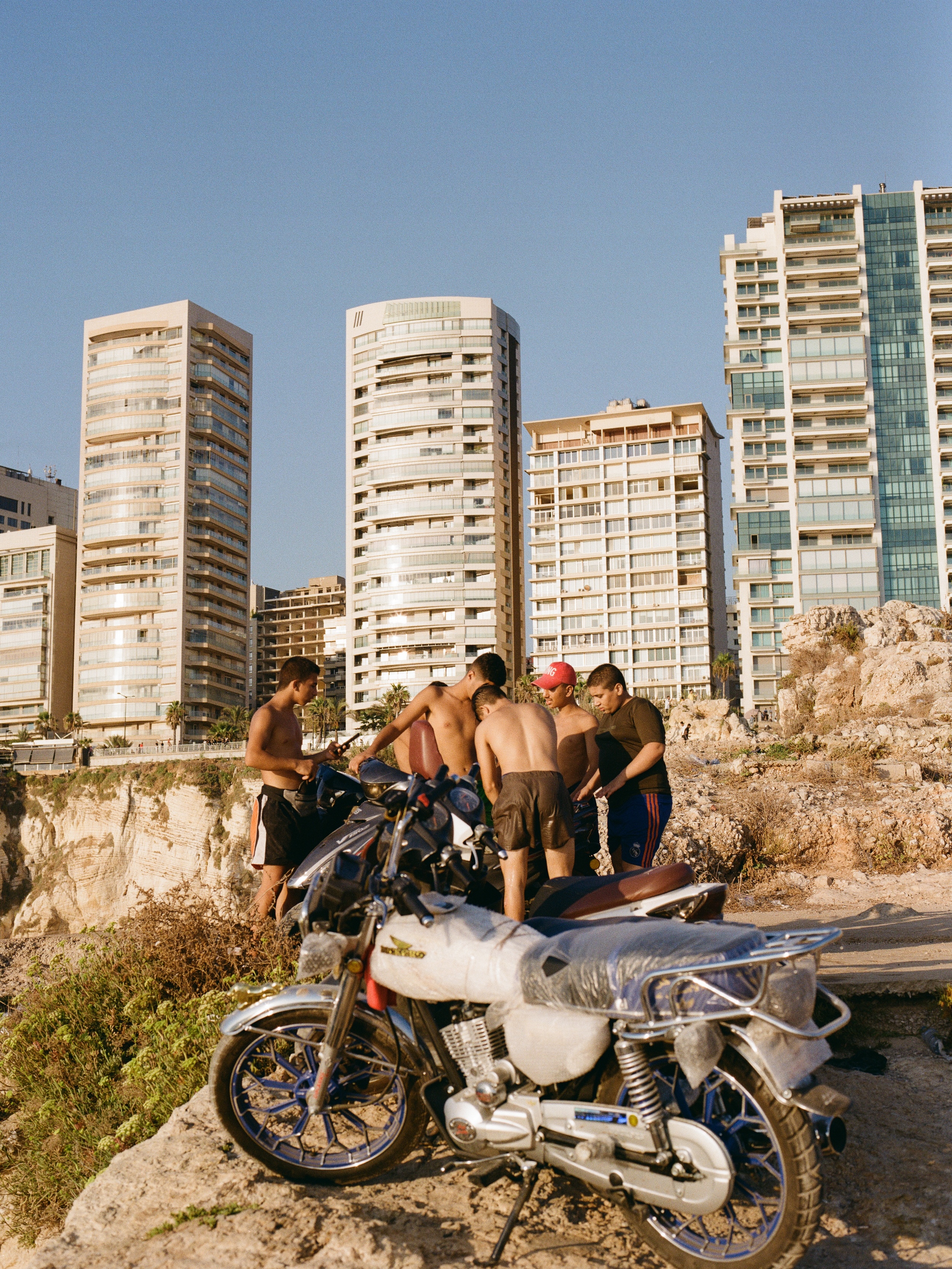
The subjects of Traboulsi’s images loved to be photographed – the men and boys jumping into the sea from the rocks showing off for her lens, enjoying living their lives. With the current Israeli attack on Beirut, capturing the city takes on a greater sense of urgency for Traboulsi. “Right now, I find myself with less energy and focus, overwhelmed by everything that’s happening,” she tells me. “Anxiety is a constant hindrance. Yet, I’m trying to do what I did before.” But she worries that her camera will now be “perceived as more intrusive than it was before the war” because the people are, understandably, tense.
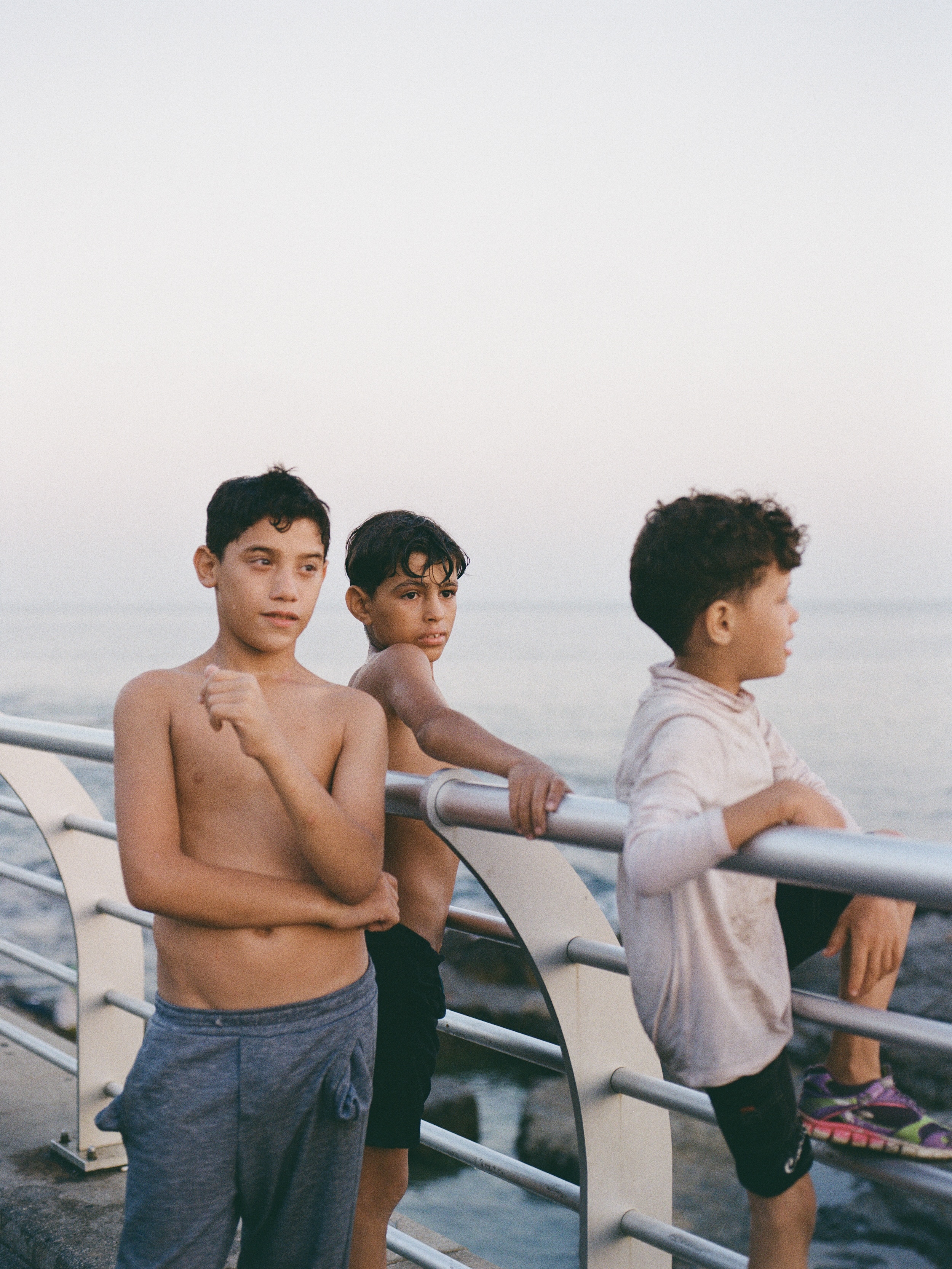
“But I believe it’s important to capture the small moments of joy, the glimpses of happiness that still exist here. The moments when we almost forget about the bombs falling just 10 minutes from our homes. This isn’t about denial. I’m not a photojournalist, and I don’t venture into the direct war zones. But I do try to document the perseverance of daily life, even amidst the chaos,” Traboulsi explains of her practice.
The process of publishing the book has taught Traboulsi that often, the journey towards the image is more rewarding than the final product. Valuing the connection to people and place that the camera offers her, Traboulsi says “the book is very much a piece of [her] heart,” and expresses gratitude to Out of Place, her publisher, for the attention they gave it.
Traboulsi is continuing to work on Beirut, Recurring Dream and hopes to exhibit more of the work soon. She also plans to incorporate more of her family archive and other found images. Traboulsi is also part of a collaborative project with Sabyl Ghoussoub called Le Rocher, on display at Mucem in Marseille. “As we went through our individual archives, Sabyl and I discovered that we had both photographed the same rock formation in Chekka, in northern Lebanon, a place deeply connected to our shared roots…” explains Traboulsi.
A Sea Apart will be available for order through Out of Place Books in December. The book will launch at Bound Art Book Fair in Manchester, 30 November to 01 December

